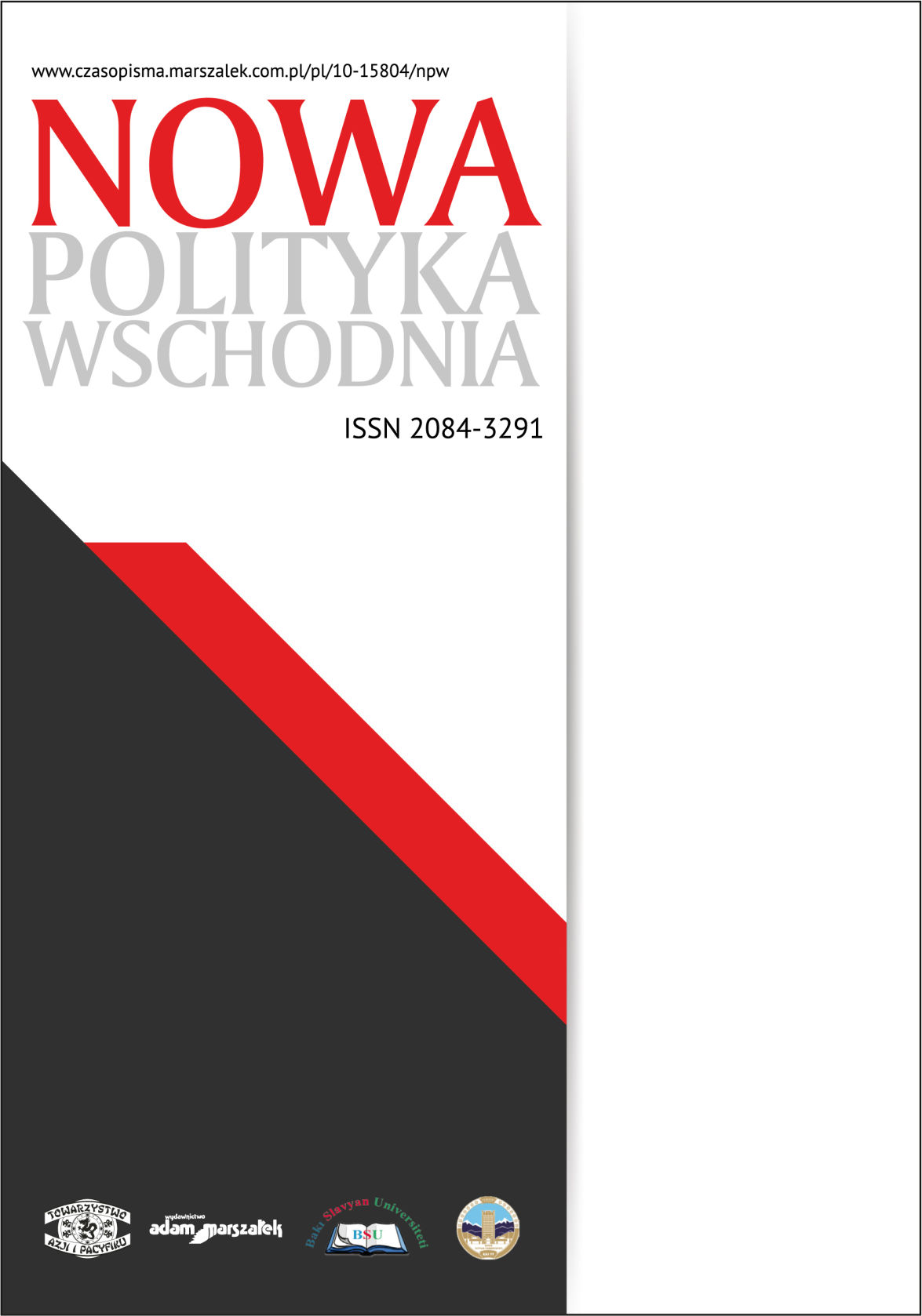Uwarunkowania krótkotrwałych rządów w Japonii: przykład premiera Sugi Yoshihide
Determinants of short-lived governments in Japan: the example of Prime Minister Suga Yoshihide
Author(s): Karol ŻakowskiSubject(s): Governance, Government/Political systems
Published by: Wydawnictwo Adam Marszałek
Keywords: Japan; Suga Yoshihide; prime minister; factionalism; Liberal Democratic Party;
Summary/Abstract: Japan is one of the countries with the most frequently changing heads of government in the world. The aim of this article is to examine both the structural and individual causes of this situation by using the example of the short term in office of Prime Minister Suga Yoshihide from 2020 to 2021. While such factors as strong ministerial sectionalism in the government, factionalism in the Liberal Democratic Party (LDP), high frequency of parliamentary and ruling party presidential elections, as well as consensual political culture made it difficult for prime ministers to remain in office for a longer period of time, the electoral and administrative reforms of the 1990s facilitated the heads of government to stabilize the government’s social and party base of support. Nevertheless, the usage of the new institutional instruments to remain in power depended on the prime minister’s ability to create his/her positive image among voters. This article analyzes why Prime Minister Suga, despite leading a stable ruling coalition in both houses of the parliament and having extensive experience in decision-making process, was unable to maintain the government’s initially high popularity and resigned only one year after having formed his cabinet.
Journal: Nowa Polityka Wschodnia
- Issue Year: 37/2023
- Issue No: 2
- Page Range: 9-28
- Page Count: 20
- Language: Polish

